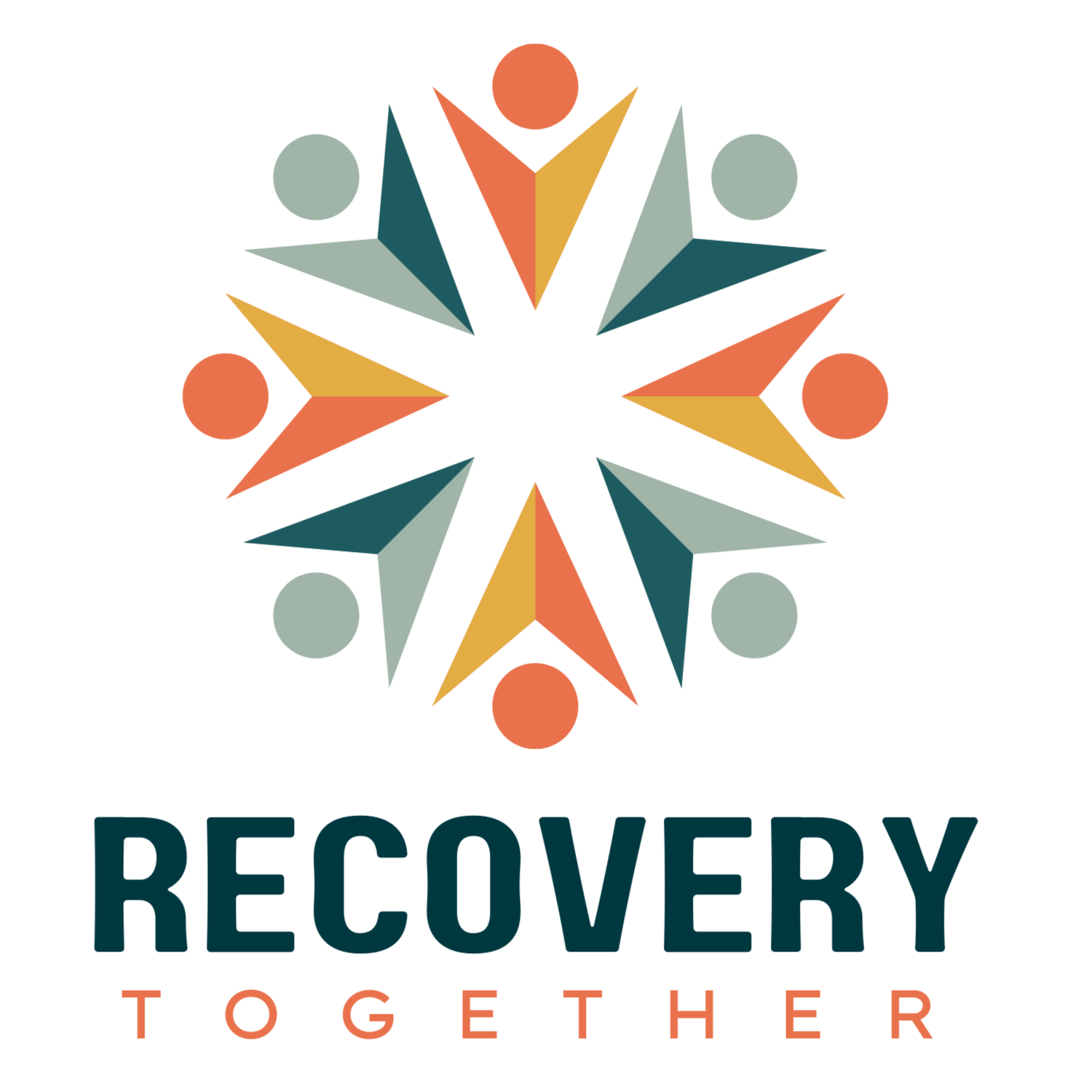
Upcoming events.
Mar
28
Crisis Intervention Training
Crisis Intervention Training - Sponsored by Trillium & Recovery Together ENC
FREE training covering topics of Mental Health 101, Substance Use, Domestic Violence, Human Trafficking, Suicide Prevention, Trauma and Crisis De-escalation.
115 EAST NORTH STREET KINSTON, NC
across from the Lenoir County Health Department on the corner of North & McLewean Streets
